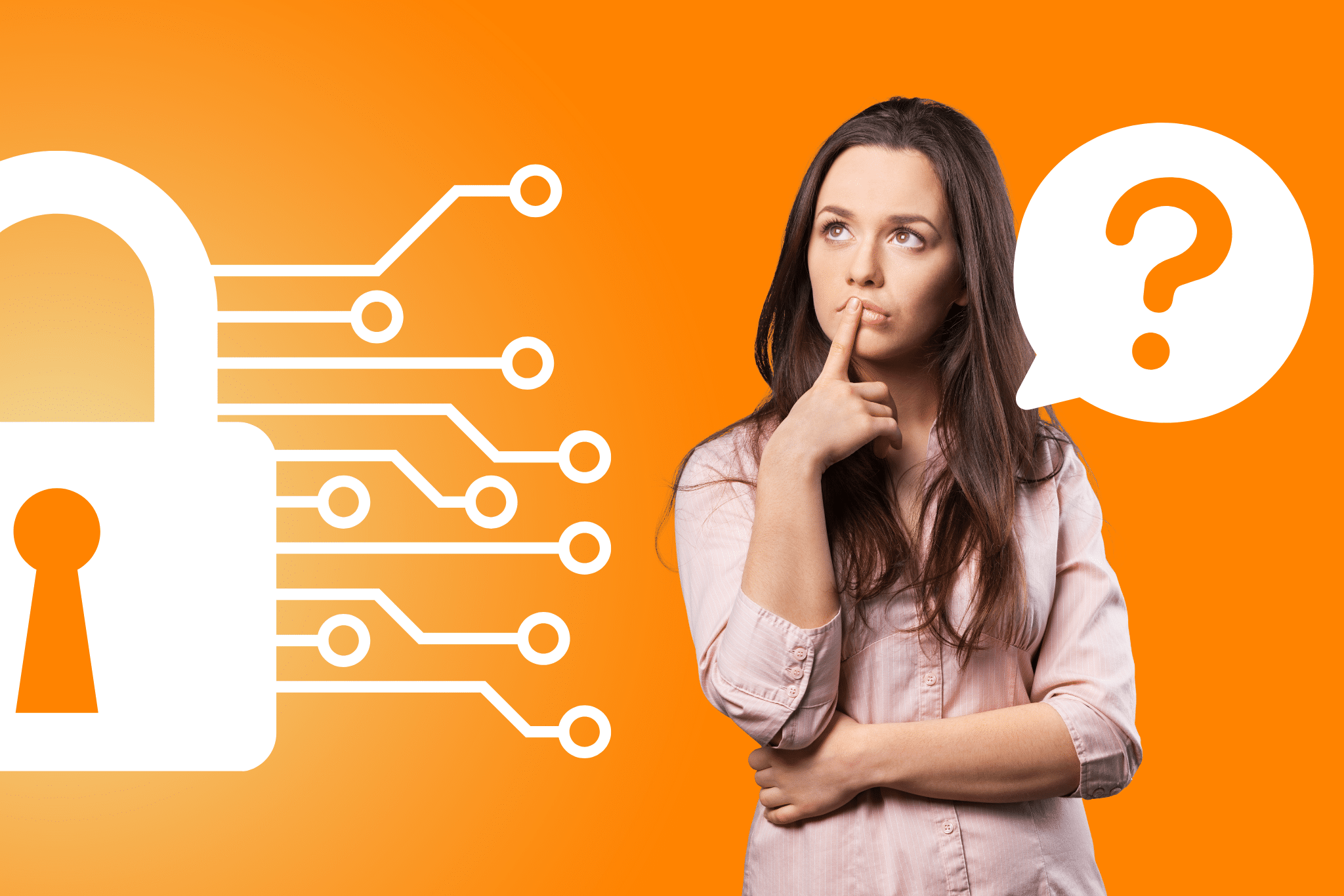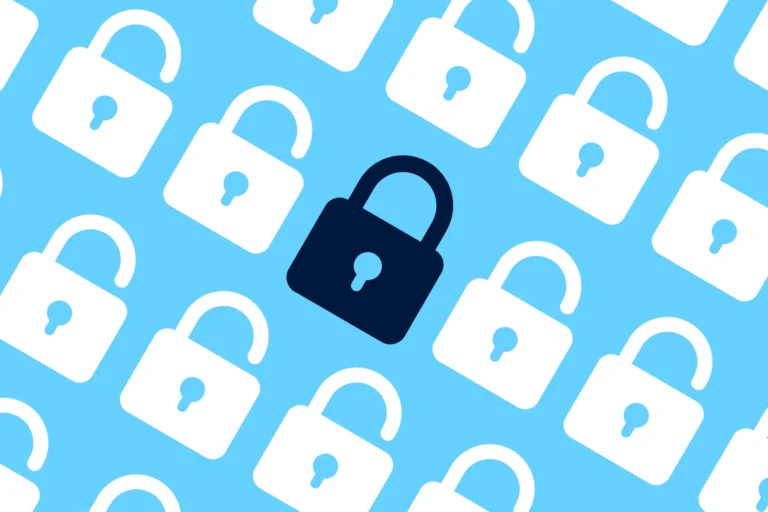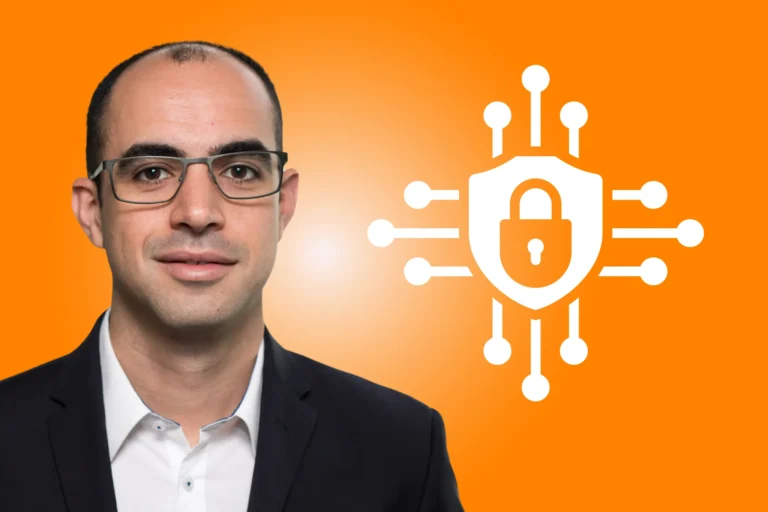The gradual shift of our economy towards digital solutions means that cybersecurity has become an essential factor for organizations, governments and individuals alike.
As we rely heavily on digital technologies to conduct operations and personal affairs it is important to be aware of the potential risks and vulnerabilities associated with it, and how we can protect ourselves. But first, let’s dive into what cybersecurity is.

Definition of cybersecurity
Cybersecurity is the set of practices designed to protect networks, devices and data from malicious attacks, such as unauthorized access, theft and obliteration, among others. It involves the implementation of measures that ensure confidentiality, integrity and availability of information and systems. In short it protects all assets from inside and outside threats.
According to Kapersky, a world-renowned cybersecurity provider, cybersecurity can be split into 6 categories:
- Network security, securing computer networks from intruders
- Information, safekeeping the integrity and storage of data
- Application security, securing devices and software
- Operational security, also called procedural security
- Disaster recovery, set of responses to a cyberattack, loss of data
- End-user education, teaching users best practices
? Read also: Cyberwar: 5 Ways to Protect Your Board
Cybersecurity is essential because it helps to protect sensitive information, such as financial data, personal information, trade secrets, and confidential business data. It also helps to ensure the continuity of business operations by protecting against cyber attacks that could cause system disruptions or downtime, and even endanger the integrity of a company and all its clients.
Cybersecurity threats nowadays
Without cybersecurity, individuals and businesses alike would be vulnerable to cyberattacks, which could result in significant financial losses, reputational damage, and legal consequences.
A recent security report by Check Point Research states that cyberattacks have risen by 38% in 2022, an upward trend that is predicted to continue.
Cyberattacks can take many forms, such as malware, phishing and denial of service, and over the years certain forms have prevailed over others.
Some of the greatest threats to cybersecurity include:
- Malware: Malware, an abbreviation of malicious software, refers to software designed to gain unauthorized access to information systems, damage or destroy data, or disrupt operations. Malware can take many forms, including viruses, trojans, ransomware, and spyware. (Ransomware is a type of malware that blocks a computer system, or threatens to destroy data unless a ransom is paid.)
- Phishing: Phishing is a type of social engineering attack in which an attacker uses fraudulent emails or messages to trick individuals into divulging sensitive information such as login credentials or financial data.
- Insider Threats: Insider threats refer to attacks or security breaches that originate from within an organization. These threats can come from employees, contractors, or partners with authorized access to systems or data.
- Advanced Persistent Threats (APT): APTs refer to targeted attacks by highly skilled and persistent attackers, often nation-state actors. APTs typically involve multiple stages and can last for months or even years.
- Denial of Service (DoS) attacks: DoS attacks aim to disrupt or disable access to a website or service by flooding it with traffic or requests, rendering it unavailable to legitimate users.
Lastly, human error is the lead cause for data breaches and cyberattacks, a 2022 report by Verizon found that 82% of data breaches involves a human element.
This is because employees are often unaware of the risks associated with their online behavior, and may unknowingly open an email attachment or click on a link that contains malicious software. Poor password management is also another type of common human error with weak passwords that can be easily guessed, or the same password across several platforms.
Therefore it is important for organizations to prioritize cybersecurity measures and invest in training and education programs to reduce the risk of human error and protect their sensitive data.
It is also equally important for organizations to ensure that their service providers have the appropriate security measures implemented to protect the external data they handle or store.
DiliTrust and data security
DiliTrust offers safe solutions to its clients and protects their data by applying the highest confidentiality and security standards, such as data encryption and safe hosting infrastructures.
Moreover, DiliTrust recently renewed its ISO/IEC 27001:2013 certification and obtained ISO 27701:2019 certification, two of the highest international standards for IT security and privacy protection.
? Read also: Data Privacy and Security: DiliTrust certified ISO 27001 and ISO 27701
As a SaaS DiliTrust strictly complies with data regulations and enforces their customers’ personal data privacy. Being certified means that DiliTrust is in line with data protection regulations such as GDPR, CCPA and PIPEDA.
You can rest assured that your data stays confidential and safe with DiliTrust.
Want to find out more about our secure solutions? Contact us!
? Read also:


